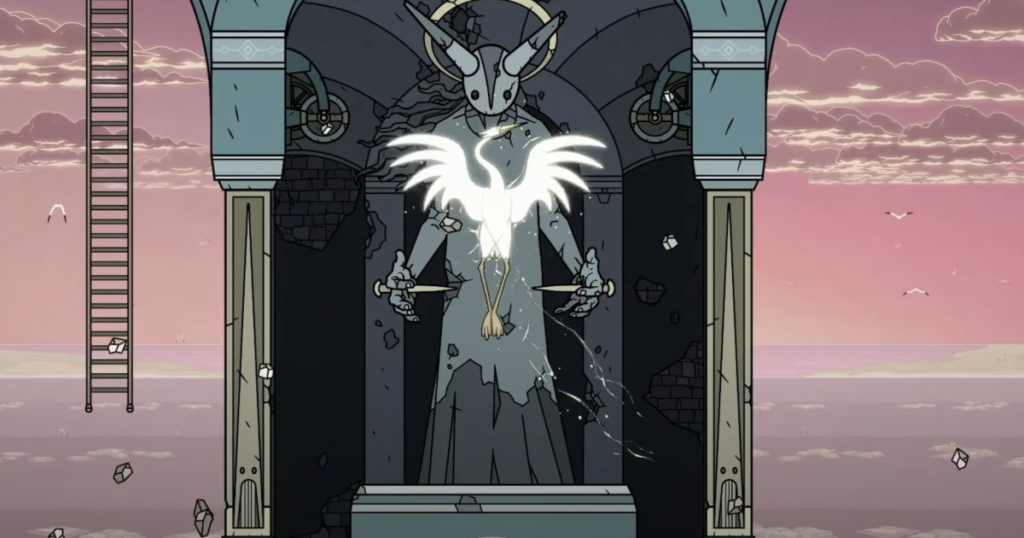Explanation Stiff prison sentences under Cuba's cyber sedition law should encourage support for more sophisticated cyber subversive activities in the private sector, including independent video games.
In 2018, when Cuba's fossilized regime finally ceded effective home internet access to 11 million web-hungry islanders, we all knew it would bring new expression and the potential for old oppression. I knew what he was hiding.
It will give Cubans information and a voice they never had during 60 years of communist rule. But if Cubans exercised their information and voice too freely, it would also give the communist regime another excuse to take Cubans to prison.
The latest victim of this Janus-face phenomenon is Mayelin Rodríguez Prado, a 23-year-old mother from Nuvitas, Cuba. She was just sentenced to 15 years in prison for “incitement” and spreading “enemy propaganda.” Rodriguez's “crime”? Back in the summer of 2022, she uploaded videos of anti-government protests in her hometown to social media.
More than a dozen other Nuvitas protesters were also jailed for violating the country's new “cyberterrorism” law. The panicked Cuban regime has recently been putting regulations in place left and right to deal blows when the Wi-Fi genie strays too far from the bottle.
In 2021, a social media firestorm led thousands of Cubans, fed up with the lack of basic consumer goods and basic human rights, to take to the streets in unprecedented demonstrations. About 700 of them were later sentenced to up to 20 years in prison, many for cyberspace “felony crimes.”
read more: Democratic president helps empower Cuban people, which helps Republicans
Brian Nichols, the State Department's Western Hemisphere official, called Nuevitas' sentence “outrageous” and “unconscionable.” And he's spot on.
But Nichols could also point to some rare good techno news coming out of Cuba in recent weeks. And he uses that not only as a reason to be hopeful about the web effect there, but also as a reason for the absurdity being pushed this year in Miami and Washington, D.C., that all new private entrepreneurs on the island are insidious “fronts.” This may also be to counter arbitrary policies. System.
I'm referring to a video game called Saviorless, Cuba's first independent video game.
Saviorless is the brainchild of 43-year-old Josuhe Pagliery, one of Cuba's new capitalists. He is a savvy artist and tech whiz who has spent his decade overcoming every financial, bureaucratic, and cyber obstacle in Cuba with his private business, his Empty Head Games. there is. He can throw out good ideas.
As a fable, no savior This is a study that upends the story of the Cuban revolution. The mystery is how the game gets past Cuban censors.
Luis Aguasvivas
When I first profiled Mr. Paglieri in 2016 — days after Cuban dictator Fidel Castro died — he was both irritated and cheered.
crowdfunding
Back in the days before Cuba's universal internet, while sitting at one of Havana's public Wi-Fi hotspots, I learned a ton of the programming components needed to build a video game using a prehistoric online access card. It was frustrating because I had to download the components drop by drop. .

But the leaders of an American tech startup inspired by Pagliery's 2D project had just tied Empty Head Games to international crowdfunding, and there was cheering. It was the first time a Cuban entrepreneur had raised capital that way.
Saviorless, which is set in a gothic world and ultimately leads players on the gripping adventures of a tragic hero, is currently being released outside of Cuba to applause from the video game community. Masu.
But that fantasy is by no means frivolous.Equally important is what Saviorless can convey internal Cuba. It's not as overt as uploading street protests to X, but it's covertly destructive.
First, of course, is the fact that this game was created without state control and free from the esoteric, young communist pioneer content of Cuba's official video games. Additionally, its story, which explores how power corrupts and betrays, has been interpreted by video game critics as a veiled attack on the Cuban dictatorship.
“As a fable,” writes Luis Aguasvivas in the online magazine Pop Matters.[is] This is a study that turns the story of the Cuban revolution on its head. ”
“The mystery of the story is how the game's developers get past Cuban censorship,” Aguas Vivas suggests.
It is hard to believe that this is a “front stage'' for the government. Cuban exile hardliners are now labeling Cuba's entire emerging private sector as such, blocking U.S. aid.
They demonize it because it threatens the success of the private sector. their The sacred story: that democratization in Cuba can only be achieved by overthrowing the regime overnight, without conditions, and only by weakening it more aggressively and more realistically. It's not a thing.
But it's the former scenario, after 65 years of failure, that feels like a video game fantasy.


